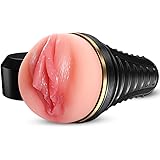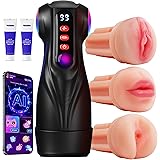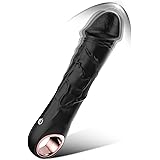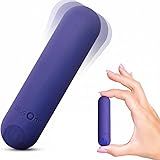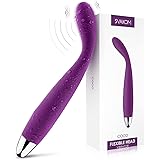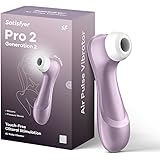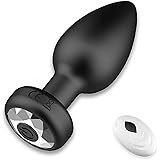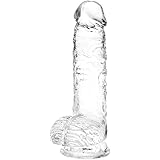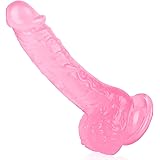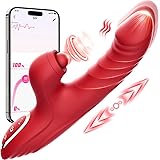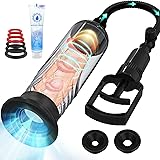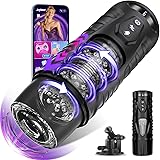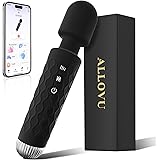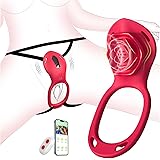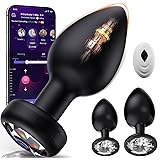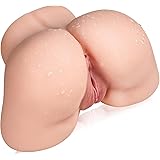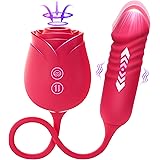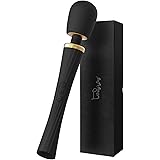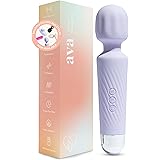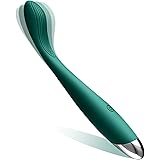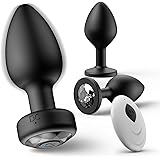CBD for Anti-Aging: Achieving Wrinkle-Free Skin with Cannabidiol
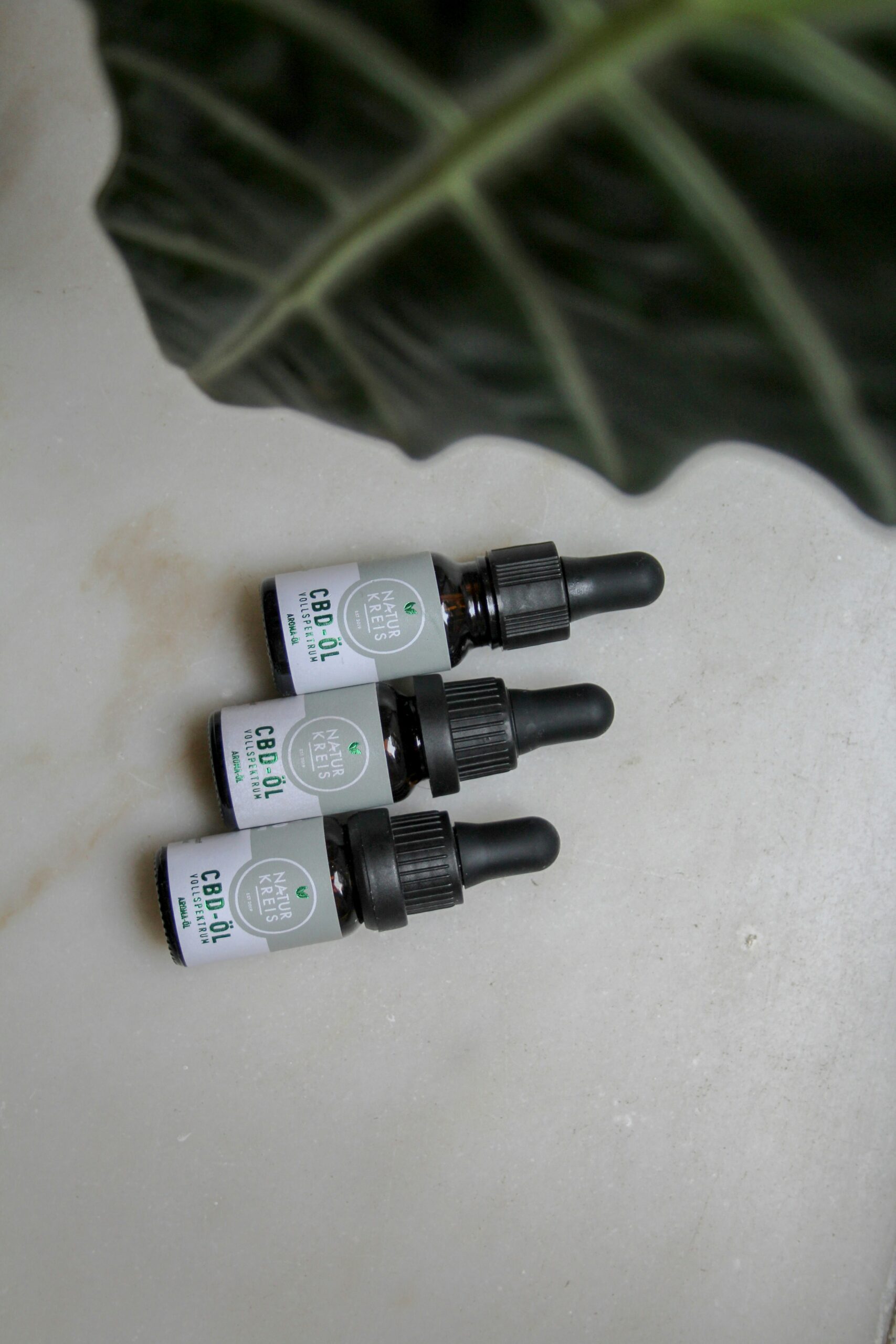
Introduction to CBD and Its Benefits
Cannabidiol (CBD) is a natural compound sourced from the hemp plant, recognized primarily for its therapeutic properties without the psychoactive effects commonly associated with tetrahydrocannabinol (THC). As a non-psychoactive cannabinoid, CBD allows users to experience its myriad of health benefits without the intoxication that often accompanies marijuana use. This characteristic has propelled CBD into the spotlight, particularly in the realms of health, wellness, and cosmetics.
The growing interest in CBD as an ingredient in skincare products is underscored by burgeoning research that highlights its potential benefits for tackling various skin concerns, notably the signs of aging. Individuals increasingly seek out natural alternatives to conventional anti-aging treatments, driving the exploration of CBD’s capabilities in promoting healthier, more youthful skin. The cannabinoid is known to possess anti-inflammatory and antioxidant properties, which may play a crucial role in counteracting oxidative stress and inflammation often associated with the aging process.
In addition, CBD has earned attention for its efficacy in regulating oil production, which is vital for maintaining skin hydration and preventing conditions such as acne. This regulation, coupled with its ability to soothe irritation and promote healing, positions CBD as a versatile ally in skincare. Through its interaction with the skin’s endocannabinoid system, CBD may support overall skin wellness by improving moisture retention and elasticity, thus contributing to the reduction of fine lines and wrinkles.
As research continues to unfold, the potential applications of CBD in cosmetics and skincare products are becoming increasingly evident. This interest reflects a broader trend towards natural products that prioritize health and sustainability, encouraging consumers to consider CBD as a legitimate option for maintaining youthful, wrinkle-free skin.
Understanding the Aging Process and Skin Health
Aging is a multifaceted biological process that affects various systems in the body, particularly the skin. As individuals age, the skin undergoes significant changes that can lead to several concerns, including wrinkles, dryness, and loss of elasticity. One of the primary factors contributing to these skin changes is the gradual loss of collagen, a protein that provides structure and strength to the skin. Collagen production diminishes with age, typically starting in our mid-20s, leading to wrinkles and sagging skin.
In addition to reduced collagen levels, the skin’s elasticity also decreases over time. This is attributed to the degradation of elastin fibers, which play a crucial role in maintaining the skin’s flexibility. The result is skin that is less capable of bouncing back after being stretched or pulled, making the effects of gravity more pronounced. This weakening of the skin’s support structure contributes to the formation of fine lines and deep-set wrinkles.
Another critical aspect of the aging process is oxidative stress, which occurs when the body’s antioxidant defenses are overwhelmed by free radicals. These reactive molecules are generated by environmental factors such as UV radiation, pollution, and lifestyle choices like smoking and poor diet. Free radicals can damage skin cells and exacerbate signs of aging, leading to uneven skin tone, loss of radiance, and increased vulnerability to skin disorders.
Furthermore, hydration levels in the skin also decline as we age. Reduced sebum production, together with the stratum corneum’s compromised barrier function, can increase skin dryness, making it appear dull and lifeless. Such changes underscore the importance of employing effective anti-aging solutions to maintain skin health, highlighting the need for a comprehensive understanding of the aging process as a foundation for tackling these challenges.
How CBD Works on the Skin
Cannabidiol, commonly referred to as CBD, has garnered significant attention for its potential benefits in skincare. Understanding how CBD interacts with the skin is essential in appreciating its anti-aging effects. One of the primary mechanisms through which CBD operates is by engaging with the skin’s endocannabinoid system (ECS). This system plays a crucial role in maintaining skin homeostasis, regulating functions such as cell proliferation, inflammation, and moisture retention.
The anti-inflammatory properties of CBD are particularly noteworthy. Skin inflammation is a major contributor to various dermatological conditions and accelerates signs of aging, such as wrinkles and fine lines. CBD acts on the cannabinoid receptors in the ECS to reduce inflammation, thereby alleviating conditions like acne, eczema, and psoriasis. By mitigating inflammation, CBD not only protects the skin from damage but also promotes a smoother, more even complexion.
In addition to its anti-inflammatory effects, CBD is also recognized for its potent antioxidant properties. Antioxidants defend the skin against the damaging effects of free radicals, which are unstable molecules that can lead to oxidative stress and premature aging. By neutralizing these free radicals, CBD may help to protect the skin from environmental stressors such as pollution and UV radiation, which can contribute to the visible signs of aging.
Moreover, CBD offers hydration benefits, which are vital for maintaining skin elasticity and preventing dryness. It encourages the skin to maintain moisture levels, leading to a plumper appearance and reduced visibility of fine lines. By promoting overall skin health through these three critical mechanisms—anti-inflammatory effects, antioxidant defense, and hydration—CBD stands as a promising candidate in the pursuit of wrinkle-free skin.
Scientific Studies and Findings on CBD and Aging
Recent scientific research has increasingly focused on the potential benefits of cannabidiol (CBD) in combating the effects of aging on the skin. Numerous studies have indicated that CBD possesses anti-inflammatory, antioxidant, and hydrating properties, all essential in maintaining youthful skin. These attributes help counteract the signs of aging, such as wrinkles, fine lines, and loss of elasticity.
One significant area of research pertains to CBD’s impact on collagen production. Collagen is a critical protein that supports the skin’s structure, ensuring it remains firm and supple. A study published in the Journal of Clinical Investigation found that CBD can stimulate fibroblasts—cells responsible for producing collagen—thus potentially enhancing the skin’s overall firmness and reducing the appearance of wrinkles. By promoting collagen synthesis, CBD may contribute to a more youthful appearance, making it a promising ingredient in anti-aging skincare formulations.
Additionally, CBD is known to improve skin hydration. Dehydrated skin can exacerbate the visibility of wrinkles and fine lines, further emphasizing the need for effective moisturization. Research from the Journal of Dermatological Science indicated that topically applied CBD improves skin moisture retention, which in turn enhances the skin’s barrier function. This increased hydration can lead to a smoother, plumper complexion, significantly reducing the visible signs of aging.
Moreover, CBD’s antioxidant properties play a vital role in fighting oxidative stress caused by free radicals, which can accelerate skin aging. By neutralizing these harmful compounds, CBD could help preserve the skin’s youthful appearance, making it an invaluable addition to an anti-aging skincare regimen.
The cumulative evidence from these studies underscores the potential of CBD as a beneficial ingredient for those seeking to combat signs of aging, promoting healthier, wrinkle-free skin.
CBD-Infused Skincare Products: What to Look For
The popularity of CBD-infused skincare products has surged, as many consumers seek the potential benefits of cannabidiol for maintaining youthful skin. These products range from serums and creams to oils and balms, each offering unique formulations to address various skin concerns. When selecting a CBD-infused skincare product, it is essential to consider the type of product that best suits your needs, as well as its ingredients and dosage.
Serums are concentrated formulations that typically contain higher amounts of CBD and other active ingredients. They are designed to penetrate the skin quickly and effectively, providing targeted treatment for wrinkles, fine lines, and dryness. Moisturizing creams, on the other hand, often combine CBD with hydrating components such as hyaluronic acid or glycerin. These creams can help lock in moisture and support the skin barrier, promoting a plump and youthful appearance.
When assessing the efficacy of CBD skincare products, pay close attention to the ingredient list. Look for products that contain high-quality, full-spectrum CBD extract, as it retains various beneficial compounds found in the hemp plant. Key ingredients like antioxidants, vitamins, and natural extracts can enhance the overall effectiveness of the product. Moreover, ensure that the product’s CBD concentration is appropriately dosed for your skin type and concerns; a typical range is 150mg to 600mg per product, depending on your preferences and desired effects.
Reading labels is crucial in verifying product quality. Seek brands that provide third-party lab testing results, as this demonstrates transparency regarding CBD content and any potential contaminants. By carefully evaluating these factors, you can confidently choose CBD-infused skincare products that align with your anti-aging goals.
User Testimonials: Real-Life Experiences with CBD for Skin Care
As the popularity of cannabidiol (CBD) continues to rise, many individuals are exploring its potential benefits for skin care, particularly in combating the signs of aging. Personal testimonials often provide invaluable insights into the real-life impact of these products. Numerous users have reported a range of positive experiences with CBD-infused creams, serums, and oils, emphasizing improvements in skin texture, elasticity, and overall appearance.
One user, Sarah, shared her experience after incorporating a CBD facial oil into her daily regimen. She noted, “After a month of use, I have seen a significant reduction in the fine lines around my eyes and mouth. My skin feels more hydrated and looks radiant.” This sentiment resonates with many others who have turned to CBD as a natural alternative for achieving a youthful glow. The anti-inflammatory properties of CBD are believed to contribute to soothing irritated skin, which can be particularly beneficial for aging skin.
Another individual, Mark, highlighted the calming effects of CBD on his combination skin. He remarked, “I often struggle with breakouts and dullness. Since using a CBD-infused moisturizer, my skin has cleared up, and it feels plumper and smoother.” This experience emphasizes the versatility of CBD, which may benefit not only those targeting wrinkles but also individuals dealing with acne and skin irritation. Users frequently mention that integrating CBD into their skincare routine has led to reduced redness and an overall balanced complexion.
Numerous testimonials, notably from a variety of age groups, showcase how CBD has positively influenced the skincare journey. Many individuals appreciate the natural origin of CBD products compared to traditional anti-aging solutions, which often include harsh chemicals. These personal accounts shed light on the evolving narrative around CBD, as more people seek holistic approaches to maintaining youthful skin.
Incorporating CBD into Your Skincare Routine
In recent years, cannabidiol (CBD) has surged in popularity within the realm of skincare, primarily for its potential anti-aging benefits. Integrating CBD products into your daily skincare routine can be effective when approached thoughtfully. Here are some practical tips to help you incorporate CBD efficiently, regardless of your skin type or specific concerns.
First and foremost, it’s essential to select the right CBD product for your skin type. For oily or acne-prone skin, consider lightweight formulations such as serums or gels that contain a lower concentration of CBD, typically around 100-300 mg per ounce. These products can help regulate oil production and reduce inflammation. In contrast, those with dry or sensitive skin might benefit from richer creams or oils infused with a higher concentration of CBD; these typically range from 300-600 mg per ounce and provide much-needed hydration and soothing properties.
Next, identify specific skincare concerns that you wish to address. For example, if your primary focus is reducing fine lines and improving elasticity, look for CBD products that are formulated with additional antioxidants like vitamins C and E, as these can synergistically enhance the anti-aging effects. Likewise, pairing CBD with ingredients like hyaluronic acid can provide intense moisture, promoting a plumper, more youthful appearance.
Consistency plays a crucial role in reaping the benefits of CBD. Incorporate your chosen CBD product at least once daily, either in the morning or evening—depending on your skin’s needs and your routine. It is advisable to allow your skin some time to adjust and observe any improvements over a few weeks. Remember, patience is key, as visible results may take time.
By thoughtfully selecting and consistently using CBD-infused products, you can effectively support your anti-aging efforts while catering to your skin’s unique needs.
Potential Side Effects and Considerations
As the popularity of cannabidiol (CBD) in skincare continues to rise, it is essential to address the potential side effects and considerations associated with its use. While CBD is generally considered safe, individuals may experience skin sensitivities or allergic reactions when using products infused with this compound. These reactions can manifest as redness, itching, or irritation. Therefore, performing a patch test is highly recommended before fully incorporating CBD-based products into one’s skincare regimen.
A patch test involves applying a small amount of the CBD product to an inconspicuous area of the skin, such as the inside of the wrist or behind the ear, and observing for any adverse reactions over 24 to 48 hours. This simple methodology can help determine whether an individual’s skin can tolerate the product without experiencing unwanted side effects.
It is also important to consider potential interactions between CBD and other skincare products. Many individuals use various active ingredients in their skincare routines, such as retinoids, acids, or other botanical extracts. While CBD may offer numerous benefits, its interaction with these components is not extensively studied. Thus, easing into the application of CBD products, while monitoring skin responses, is advisable.
Consulting with a dermatologist prior to introducing CBD into one’s skincare line can provide another layer of protection. A qualified professional can offer personalized advice based on individual skin types, concerns, and existing routines. Furthermore, they can help identify suitable CBD formulations that effectively address particular skin conditions or desired outcomes. Overall, a cautious and informed approach is crucial when exploring the use of CBD for anti-aging effects, ensuring both safety and efficacy.
Conclusion: The Future of CBD in Anti-Aging Skin Care
As the beauty and skincare industry continues to evolve, the exploration of cannabidiol (CBD) as a viable anti-aging ingredient marks a significant shift towards embracing natural components. Throughout this discussion, we have highlighted the myriad benefits CBD can offer to aging skin, such as its ability to reduce inflammation, combat oxidative stress, and enhance overall skin hydration. These properties position CBD as a promising contender for maintaining youthful skin and potentially reversing some visible effects of aging.
The scientific community’s interest in CBD has sparked numerous studies that further investigate its mechanisms and efficacy in skincare. As researchers delve deeper into the complexities of cannabinoid interactions with skin cells, we anticipate more definitive findings that could pave the way for new formulations and products. Innovations in product development are fundamental; as demand for plant-based and natural skin care products increases, companies are motivated to integrate CBD into their lines, responding to consumers seeking effective, safe, and eco-friendly solutions.
Moreover, the aging population is experiencing a heightened need for effective skincare solutions. With a growing awareness of the benefits of CBD, the market could see a surge in products specifically formulated to address various skin concerns associated with aging. The future appears bright for further developments in this area, given CBD’s compelling profile as an antioxidant and hydrating agent.
In summary, as research into the effects of CBD in cosmetics continues to expand, the potential for this cannabinoid to revolutionize anti-aging skincare is considerable. Ongoing innovation will be essential to meet the unique needs of consumers, particularly an aging demographic eager for effective, sustainable solutions for maintaining youthful skin.

